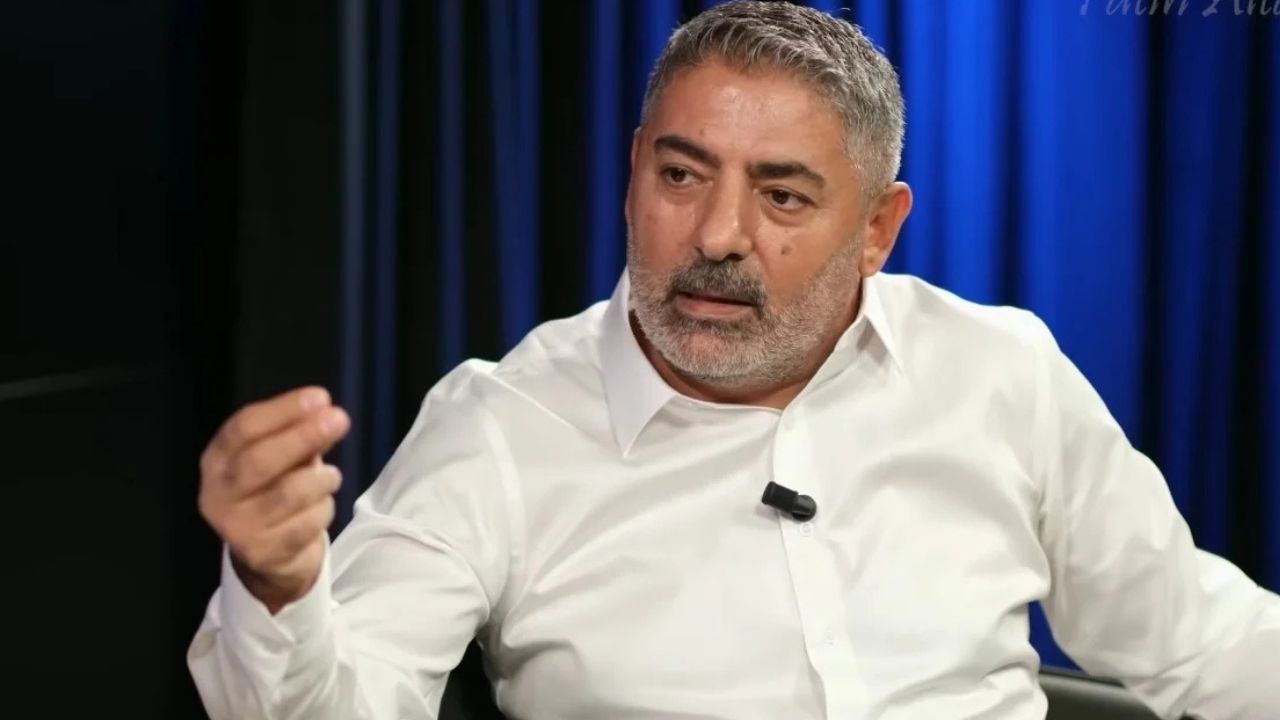Scandal in the Media: The Shocking Arrest of Halk TV Journalists!
Yayınlanma Tarihi: 1/30/2025, 4:42:40 PM
1. Halk TV's General Director Suat Toktaş was arrested along with several other journalists in Turkey.
2. The arrests were based on alleged involvement in unauthorized recording and publication of sensitive conversations.
3. The Istanbul Prosecutor's Office is conducting an investigation related to attempts to influence criminal investigations concerning Istanbul Metropolitan Municipality President Ekrem İmamoğlu.
4. Halk TV's owner, Cafer Mahiroğlu, criticized the arrests as a political maneuver to silence dissent and expressed concern for independent journalism.
5. Journalists Barış Pehlivan and Kürşad Oğuz were also detained but later released under judicial control.
6. There are speculations about Mahiroğlu potentially fleeing the country due to concerns over facing similar legal troubles.
7. Protests have erupted in response to the arrests, with public support for the detained journalists using the hashtag #FreeHalkTV.
8. The journalists face legal proceedings for affecting criminal investigation processes and unauthorized recording of communications.
9. The situation highlights the precarious balance between journalistic freedoms and legal frameworks in Turkey.
10. The events surrounding Halk TV serve as a reminder of the fragility of press freedoms and the importance of supporting independent journalism.
In a dramatic turn of events that has sent shockwaves through the Turkish media landscape, Halk TV's General Director Suat Toktaş was arrested, along with several other journalists, igniting a fierce debate about media freedom and the integrity of journalism in Turkey. As tensions rise and public opinion swells, many are left wondering: What does this mean for the future of independent journalism in the region?
The Arrest That Shook Turkey
On the basis of alleged involvement in unauthorized recording and publication of sensitive conversations, Suat Toktaş was taken into custody, leading to an uproar not just among supporters of Halk TV but also throughout the journalism community. The Istanbul Prosecutor's Office is at the heart of this unfolding investigation, which is under scrutiny following allegations of attempts to influence criminal investigations related to Istanbul Metropolitan Municipality (İBB) President Ekrem İmamoğlu. The shocking arrest of Toktaş has raised critical questions surrounding freedom of the press in Turkey.
Cafer Mahiroğlu's Bold Stand: Defending Press Freedom
In the wake of these arrests, Halk TV's owner, Cafer Mahiroğlu, has been outspoken, describing the situation as "an end to words" and expressing deep concern over the implications for independent journalism in the country. He criticized the arrest as a political maneuver to silence dissent, stating, "Our journalists have been doing this job for years, and we believe in their innocence.” Mahiroğlu’s commitment to uphold the truth has resonated with many who see this as a fight against oppression of the press.
The Media Landscape Under Siege: What’s Next?
As the arrests unfold, questions arise about the broader implications for Turkey's media environment. Key figures like Barış Pehlivan and Kürşad Oğuz were also detained but later released under judicial control, raising eyebrows about the inconsistent treatment journalists are receiving. Moreover, speculation has spread about Mahiroğlu's potential flight from the country amid claims that he could face similar legal troubles. Could this signify the beginning of a more extensive crackdown on free media, reminiscent of other authoritarian regimes?
The Public's Response: Outcry and Concern
Public reactions have been strong, with protests erupting in response to what many perceive as a targeted campaign to suppress independent journalism. Social media is abuzz with hashtags calling for #FreeHalkTV as citizens rally in support of the detained journalists. Discussions on the ethical responsibilities of journalists are at the forefront as well, particularly in light of recent comments from critics like Fatih Portakal, who questioned the integrity and legality of publishing what he termed "illicit recordings."
Legal Ramifications: What Are the Charges?
The stakes are high as legal proceedings continue against the journalists under accusations of affecting criminal investigation processes and unauthorized recording of communications. The charges are not only serious but highlight the precarious balance between journalistic freedoms and the legal frameworks that govern them. Can journalism withstand such scrutiny, or will it buckle under pressure?
Conclusion: A Call for Solidarity and Support
The tumultuous events surrounding Halk TV and its journalists serve as a critical reminder of the fragility of press freedoms. As this story unfolds, it is crucial for both national and international audiences to stay informed and engaged. Now more than ever, support for independent journalism is paramount in resisting the tide of censorship and fostering true democracy. If you believe in the power of the press to inspire and inform, join the conversation and push for systemic change in how media is viewed and treated in Turkey.
To stay updated on this evolving situation and learn about ways to support press freedoms, make sure to follow credible news sources and engage in dialogues that promote transparency and accountability in journalism.